Dhaka, Jan 8: Bangladesh Prime Minister Sheikh Hasina’s Awami League party has won a landslide victory in the 12th national elections, securing 222 seats out of 299, according to the Election Commission of Bangladesh. The main opposition Bangladesh Nationalist Party (BNP) and its allies, which boycotted the polls, failed to win a single seat.
The elections, held on Sunday, were marred by low voter turnout, allegations of rigging, and sporadic violence that claimed at least 17 lives. The BNP and its allies, led by former Prime Minister Khaleda Zia, who is in jail on corruption charges, accused the government of manipulating the electoral process and intimidating voters and candidates. They demanded a fresh election under a neutral caretaker government.
However, Hasina, who will become the Prime Minister for the fifth time and the fourth consecutive term, rejected the opposition’s claims and hailed the elections as free and fair. She said the people of Bangladesh had given a mandate for her development agenda and vowed to continue working for the welfare of the country. She also urged the opposition to accept the verdict of the people and join the parliament.
The Awami League’s ally, the Jatiya Party, led by former President HM Ershad, won 11 seats and emerged as the main opposition in the parliament. The rest of the seats were won by independent candidates and other smaller parties.
The elections were monitored by observers from the Commonwealth, the European Union, the Organization of Islamic Cooperation, and the United Nations. They expressed concern over the low turnout, the lack of a level playing field, and the reports of irregularities and violence. They called for a dialogue between the government and the opposition to address the challenges facing the country’s democracy.
Bangladesh, a Muslim-majority nation of 165 million people, is one of the fastest-growing economies in the world, with an average growth rate of over 6 percent in the last decade. However, it also faces challenges such as poverty, inequality, corruption, climate change, and security threats from Islamist militants.


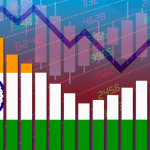
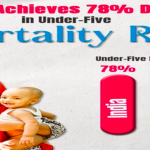
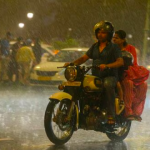
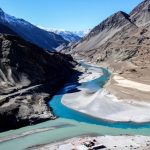

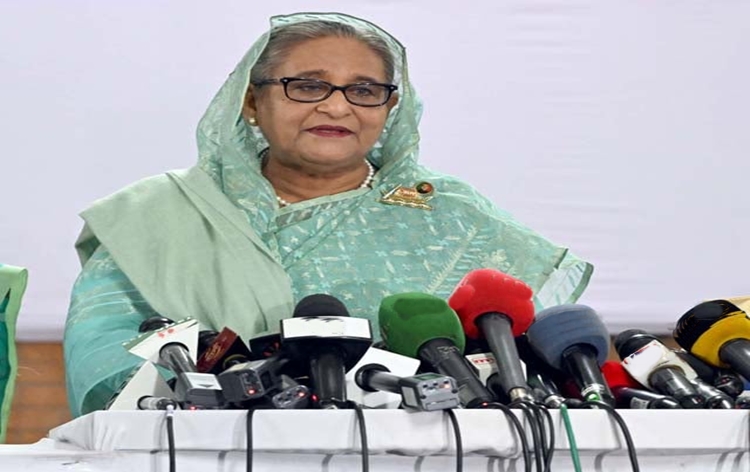

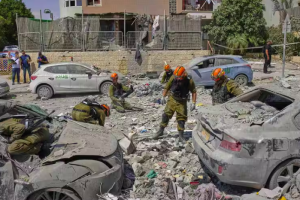
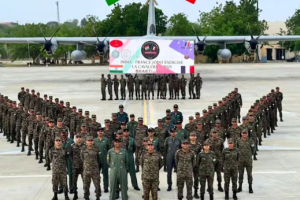
Add Comment